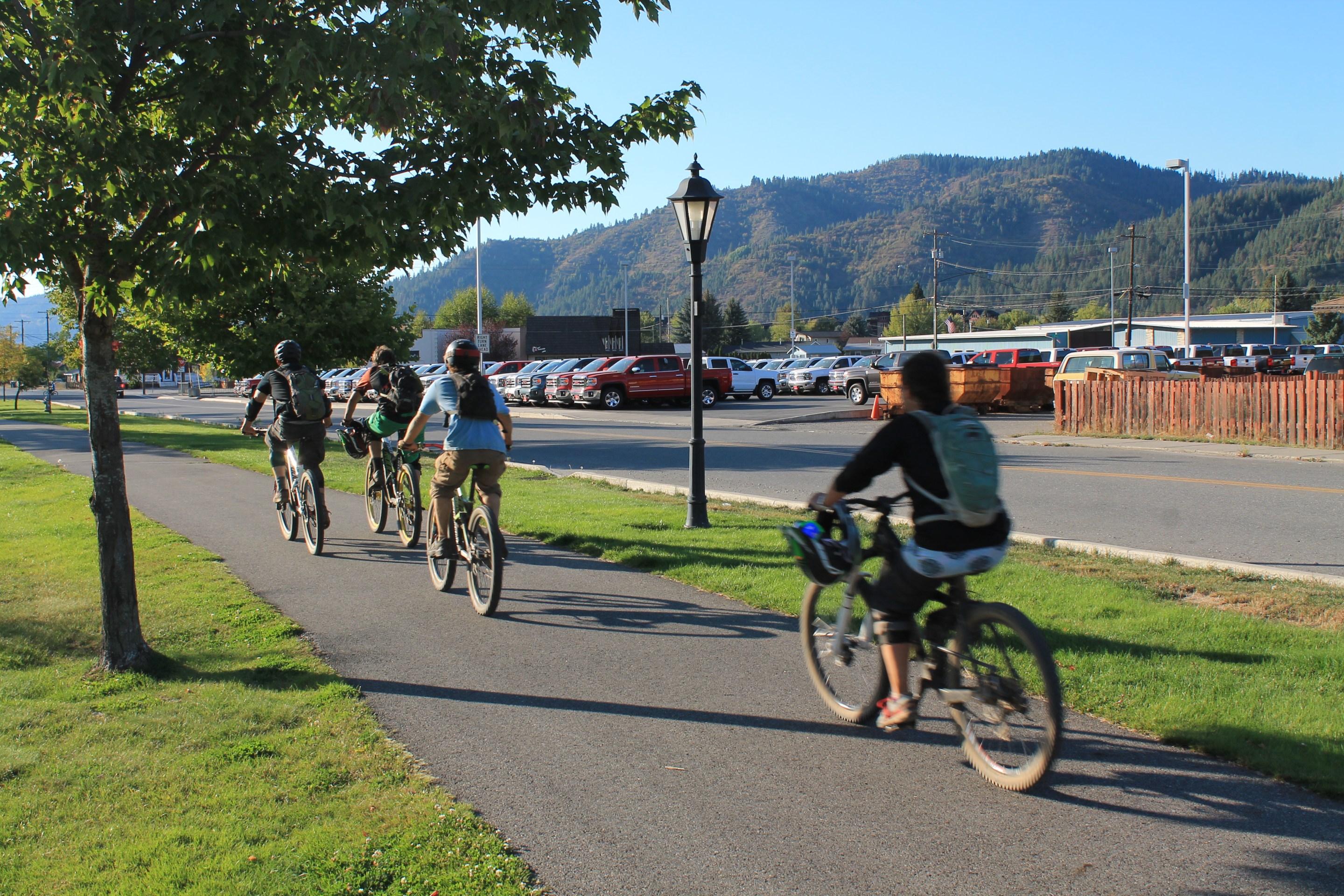- The omnibus spending bill signed by President Biden in December includes $27 million for walking and biking trails. Trail use is up 45 percent since 2019. (Route Fifty)
- Facing a deadline in California and other states to electrify its fleet, Uber is working with automakers to design lower-cost electric vehicles. (Wall Street Journal)
- Low-traffic neighborhoods actually reduce traffic and don't push it onto roads outside the boundaries, according to a UK study. (The Guardian)
- Houston's transit agency will vote this week on whether to rescue the city's financially trouble BCycle bike-share system. (Houston Public Media)
- Despite committing to Vision Zero, Denver's traffic deaths are trending in the opposite direction. (Westword)
- With North Carolina Republicans against letting Charlotte raise sales taxes to fund light rail, the city could either raise property taxes instead or do some horse-trading for wider freeways. (WFAE)
- The Kansas City Star editorial board is opposed to the Missouri DOT spending $859 million to widen I-70, arguing that the city has enough freeway lanes already and adding more won't help.
- File under: Why are U.S. transit projects so expensive? A mere 1.3-mile segment of Caltrain's extension into downtown San Francisco is now estimated to cost $6.7 billion. (San Jose Mercury News)
- The Chicago Sun-Times editorializes in favor of cameras to keep drivers out of bike and bus lanes.
- Milwaukee's FlexRide microtransit service is expanding into the suburbs. (Urban Milwaukee)
- Tampa Bay added two four-way stops and 10 crosswalks around a local high school. (CBS News)
- It's Mardi Gras time. Here's how to get around New Orleans without a car. (Times-Picayune)
Streetsblog
Tuesday’s Headlines Lace Up Their Sneakers

Biking on a trail in Kellogg, Idaho. Photo: Don Kostelec
Stay in touch
Sign up for our free newsletter
More from Streetsblog USA
The New Uber-Backed Car Insurance ‘Reform’ Push Is Actually A War On Crash Victims
New York State Gov. Kathy Hochul wants to limit payouts to crash victims under the guise of "affordability" and bogus claims about "staged crashes."
Friday Video: Why Micromobility Sucks in So Many American Cities (But Not In Others)
And what we can do about it.
Friday’s Headlines Are Full of Hot Air
They done done it, as we say in the South: The Trump administration's official policy now is that climate change poses no threat to human health.
Talking Headways Podcast: Concrete Doesn’t Spend Money, People Do
Dr. Lawrence Frank shows how the decisions we make about the built environment are a symbol of why the world is so f'd up. A very special edition of Talking Headways.
Why Does Trump Wants To Punish Cities For Free Buses?
Hint: it's probably not to make anyone's transportation network better!
Thursday’s Headlines Come Together
A large coalition is urging Congress to protect funding for active transportation.





